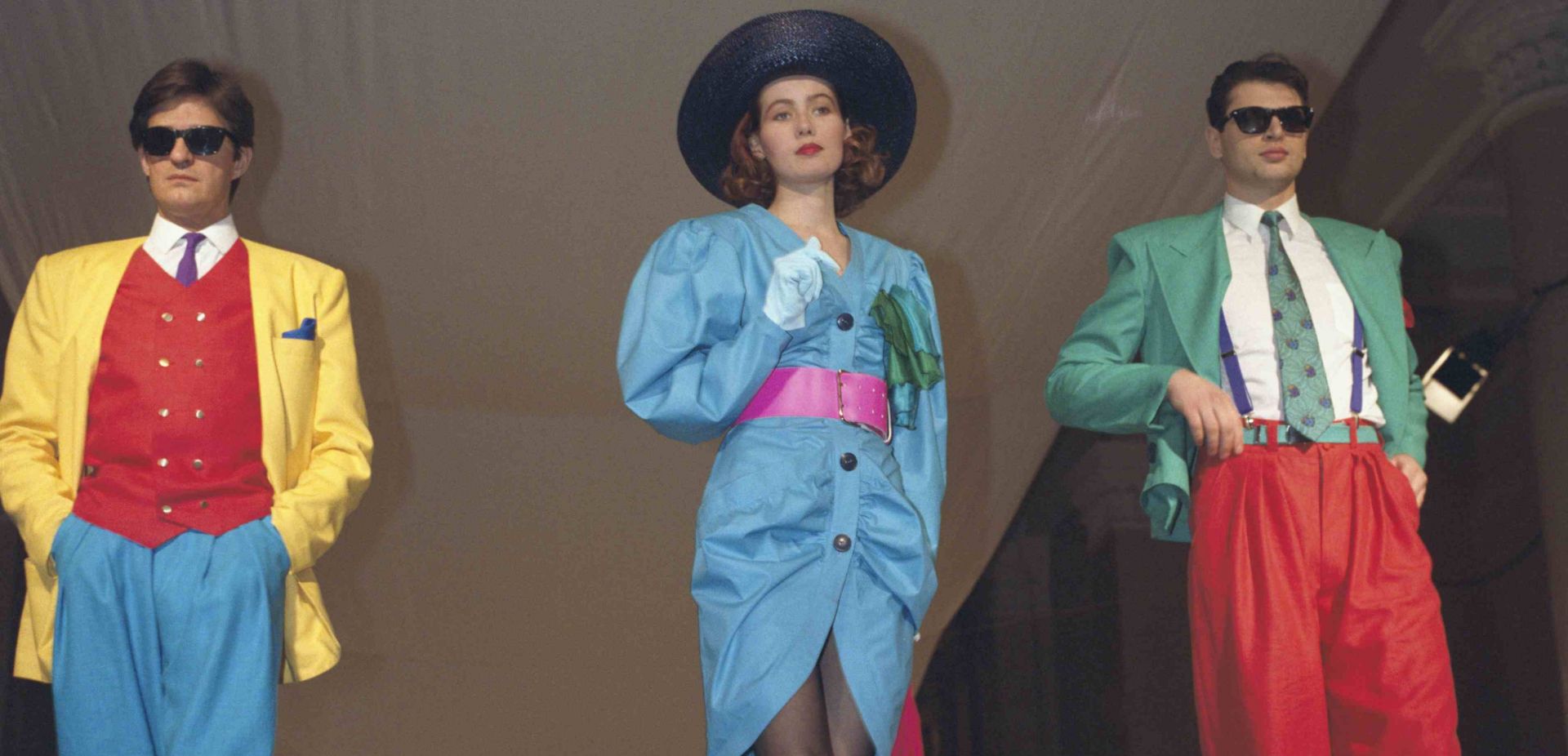It was at this point that the lady raised the issue of eco-diversity, citing by way of example the rights of a rat that visits her terraced house in the green part of the capital.
"We don't want to kill it," she said firmly, although perhaps not as assertively as she had spoken at the onset of the discussion. "We cannot interfere with its ecosystem. We are the intruders here."
"I would defend my own ecosystem though," I ventured shyly, yet more boldly than at the beginning of the conversation.
"NO!” the lady interjected in a shouted whisper. "It is us who interfered with its natural surroundings."
"No, ma'am, this may sound cynical, but I would kill that rat, although I doubt there was only one. You simply won't be able to deal with them later," I spoke as one not expecting understanding from the other side.
"We will try to coexist," the lady whispered in tones of moral superiority.
Conversations in emergency rooms have the advantage of ending at some point. My drip had run out.
During an Internet outage some time ago, the installer pointed out to me that the cables from the manhole had been bitten through by rats, indicating that this was the cause of our problems. "I'm telling you, they love these cables -- they eat them like dessert," he said.
So we can safely say that rats also have access to the Internet and that they are not satisfied only with sorted garbage. Recently, for example, I saw a rat penetrating a container holding waste glass. Isn't that interesting?
Ecological PRL
Recently, we made a TV program about how, paradoxically, we lived more ecologically in the Polish People's Republic. Back then, people were forced to do so because circumstances resulting from living in a system of economic shortages dictated that this should be so. Each product could remain useful, often turning out to have multiple functions reflecting the needs and creativity of a given user.
For example, to a housewife, a kefir container might serve as a jelly mold, while for a gardener, it was a place for seedlings. An old newspaper could be used in a hundred ways -- for packing in the store, as a pad in a drawer. Housewives lined their garbage cans with them. Some people used newspaper as wrapping paper. We know from movies that gangsters cut up newspapers in sizes to resemble banknotes. In short, whatever was thrown away had already been completely used up.
On the other side, contrastingly, was an industry that polluted and wasted terribly. Out of this industrial waste, emerged the concept of recyclables. Officially, "private businesses" could use only this industrial waste and they did so to make high-quality products.
In the mid-1970s, there was a lot of news about a certain "private businessman" who used what he found in the landfills of refuse dumps of large industrial plants for his line of production. When this came to light, he was severely punished and the Tax Office dealt with him very effectively. Nothing happened to the industrial plants that had thrown full-value semi-finished products into such garbage dumps.
It's a little different now, but basically remains the same. You buy a washing machine and you immediately know that in five years it will end up in the trash. Any repair will significantly outweigh its value. This applies to almost all industrial products. Does ecology mean that after a relatively short period of use, an item must be taken to an e-waste yard?
From what I see, most people want to act non-invasively in their everyday lives and not interfere with the natural environment. But it is also difficult for them to understand that they have to take complete responsibility for the costs involved. This is especially true when it comes to products that could have a longer utility life span. After all, technological changes are not so revolutionary that they need to be changed very often. But who cares?
– Grzegorz Sieczkowski
TVP WEEKLY. Editorial team and jornalists
– Translated by Agnieszka Rakoczy 

 SIGN UP TO OUR PAGE
SIGN UP TO OUR PAGE 




